'To live in this world, you must be able to do three things: to love what is mortal; to hold it against your bones knowing your own life depends on it; and, when the time comes to let it go, to let it go' -- Mary OliverIt has been tough lately. My father is elderly and unwell, and there have been some very difficult and sad conversations shared. It has made me sharply aware again of how transient this life is that we hold, and how so much of it is a process of letting go.
As I watched over my father’s sleep, in the same room I sat in eight years ago when nursing my mother through the last weeks of her life, it was difficult to pull apart what was then and what is now. The ghosts that I had left behind in our move north, were at my side again, whispering once more and I could feel the pull back into the hurt that comes with grief; the wounded little girl that wants only to cry “don’t go” - and after that, to cry louder “why did you leave me?”. That familiar aching ball of unsaid words knotted in my chest, the heaviness of my bones, the dulling of sight. This strange merging of pre-empted grief and old sorrows that feels so viscerally familiar. I’ve been here before. I know.
Between the hours of watch and wait, I plant bulbs, cutting back this year’s old growth from my mother’s garden and her grave. Into the waiting soil, I plant bulbs for the coming spring; some for her and some for him. I like the ritual of this, the way its very act seems to defy the need to know. We plant bulbs as the year grows darker, not knowing if we will see them flower. The winter comes and we forget about them; forget about what we have planted and where. Then, as the new year begins to warm, they rise up, pushing out from the soil to surprise us. I like to think of the bulbs my son and I planted in our old garden, and the surprise they might have brought to the people who now call it their home.
This year, I am late again to my own planting; the bulbs sprouting new shoots inside the bag. Outside, the garden waits for tending. I am too tired to cut back its broken blooms. And anyway, there are still flowers growing in the storm. Calendula, that merry clock, keeper of time. Tick tock. Tick tock.
And what of my father? We have been given a reprieve. He did not die. At 93, my father is stronger than many younger people I know, but frail too. Even so, I know the reality. Death is waiting in the corner of the room again, though I don’t know when it will make itself known. Meanwhile, we adjust to new levels of care, and wait.
I have returned home across the water, back to the strange experience of long-distance care. I have slept and I have cried and together, we have walked by the shore. The first morning back, I plunged myself into the cold November sea, needing to shed the skin of grief I had put on. When I looked up, I saw a seal a few metres from where I swam. It stayed with me, watching when I watched, swimming when I swam; a moment of perfect peace. Me, the seal, and the undisturbed softness of early winter blue on the water.
Today, the sea is squally and the sky is dark. Rain and wind batter my window, my room lit by electric light as I write this. I know it isn’t quite making sense but perhaps it is okay not to have the shape figured out just yet. Life carries on, and dying too. I hold both in my heart right now. Sometimes that hurts; old scar-tissue stretching to reveal not-quite-healed wounds. Sometimes that hurt comes, unexpectedly, in moments of startling love, kept whole all these years deep inside. And sometimes, I am simply confused, the same-old-same-old push and pull of wanting to hold on and knowing all must be let go.
So much of this last year has been about letting go. Of a home, a landscape, a history. Of the names I have answered to, and given myself: carer, mother, child. Of my body, the language it has been defined by, and the dreams it once held. I don’t exactly know what I am becoming, and that is good. Maybe in the end, there is no final state of being - just a process of becoming.
My father tells us he has run out of time, that he had so much more he had to say. I reach for my pen, and begin to write.
Short read…
‘… I look again at the garden. Despite my absence, and the floods, it has survived. It tells a story in everything that remains. See here, the bare branch of forsythia? Or there, the clutch of yellow flag iris that clings to the edge of the bog garden? These plants that once grew in my mother’s garden now make their home here. The leaves that bury over the cold ground come from the trees we planted. The nettles that sting my skin were placed here by my son. I watch a blackbird as it pecks out a fat pink worm. Even the soil that clings to my trowel was made by my hands.
Small green shoots push through the earth; the first early snowdrops daring to be found. Tiny flecks of golden blossom open up on the witch hazel branch. Fat red berries cluster on the firethorn bush. Here, where it seems all life has ended, there are flowers to be found.
My son comes out of the house and stands by my side. He places his hand gently on my shoulder. He is no longer the little boy who followed me, with his green wheelbarrow and Roman shield. As he stretches out into his life, learning to let go of my hand, I give thanks for the days we have had.
‘Why are you crying, Mummy?’ he asks, and I try to explain about the dead plants, the overwhelm; about the strange, motherless shape I feel inside. He stands a while, looking at the garden we have grown.
‘Everything living must die, Mummy. Come inside,’ he says, taking my hand. And I follow him, because he is right: everything living must die, and from it, something new will grow. …’
Extract from ‘Viper’s Bugloss - All My Wild Mothers: motherhood, loss and an apothecary garden’
Plant of the Month
Viper’s Bugloss
Echium Vulgare
Ironweed, bluebottle, Our Saviour’s flannel, adderwort, cat’s tail
Drink a tincture to protect the heart against grief and melancholy

Viper’s bugloss was thought to protect against snakes due to its resemblance to the viper’s skin. It is attractive to a wide range of pollinators. The leaves and root of the plant are diuretic, anti-inflammatory, pectoral and high in allantoin. It can be used in treatments to alleviate fevers and headaches, soothe skin complaints, and increase breast milk in nursing mothers. It can also be used as a tonic to treat melancholy and grief.
Viper’s bugloss thrives in dry dunes, on waste areas, and on roadsides.
(Extract from ‘Viper’s Bugloss - All My Wild Mothers: motherhood, loss and an apothecary garden’)
Brew of the Day
At this time of year, I return to my apothecary room to plunder the stores for my daily brew. A small converted cupboard, tucked into the corner of the house, it has a tiny window that overlooks the garden, and smells of cloves and beeswax and drying herbs. Just big enough to fit a desk and chapel chair, it feels wonderfully magical and secret to sit in and create.
Today, as I sat in my secret space, I knew I needed something to bring comfort and strength to my heart. I measured out all the dried ingredients into my mother’s old wooden mortar, before tipping them into my glass teapot and adding boiling water to infuse. It felt precious to include this small act of connection to the tea ritual.
Enjoy!
Heart’s Ease - for bringing comfort and strength to a weary heart
A blend of dried lemon balm, Apothecary rose, chamomile, Angelica, hawthorn berries, orange peel, cacao nibs, rooibos tea, cinnamon stick, star anise and clove. Add boiling water and steep for at least 15 minutes. Drink throughout the day, hot or cold.
Read of the Day
I am actually reading three books today — the wonderful ‘Uprooting’ by Marchelle Farrell, ‘Cacophony of Bone’ by Kerri ni Dochartaigh, and ‘The Language of Trees’ by Katie Holten. These are all beautiful books, written with tenderness, insight and fierce hope. I have read them once but I am reading them together right now because I have the joy of hosting Marchelle, Kerri and Katie as the guest authors on the next Wild Women Writers’ Salon - Earth Matters: writing words of connection and care in times of crisis.
Together, we will be exploring what it means to write words of connection in these times of crisis. The world feels terrible right now - with so much pain and suffering in it. It feels scary and often overwhelming and sometimes hopeless. As writers, it can be hard to hold onto hope, to keep writing through the crisis - not with blinkers but with clear-sight and heart, and speak out - both against what is unjust, but also in celebration of what is beautiful and tender and worth our care.
That seems important right now.
I am so excited to see the salons take off, after nearly a year of dreaming up and planning. As I age, I am coming to understand that part of what I do with my time here, is grow and nurture spaces for people to connect with each other and tell their stories. I really hope that people can join us.
All My Wild Mothers & other writing news…
All My Wild Mothers is taking a little breather right now from live events - partly because I am in hibernation mode and partly because getting off an island in the far north of Scotland is not so easy in the winter months! I will be doing some lovely stuff online and at a distance though, so do keep an eye out for news as it comes along (instagram is probably where you will find me mostly now (beewyld).
Some eagle-eyed people might have spotted I am no longer represented by Lutyens and Rubinstein. Yes, that’s right, folks - I am back on the querying pony. We tend to think that when we ‘get an agent’ all things will fall into place, but like any relationship, it has to work long-term. This one didn’t. I am taking things slow, and finding my feet again — and trusting that the right champion will come along. Meanwhile, I am grateful for the experience I have had, and have grown from along the way.
Other exciting writing news — I am really thrilled to have received my contributor’s copy of the beautiful ‘Moving Mountains: Writing Nature through Illness and Disability’ edited by Louise Kenward and published by Footnote. It is an amazing and groundbreaking anthology, and I am honoured to be part of it. Watch out for events online and near you - if you are interested in writing that explores what it is to exist in nature as a disabled and chronically ill person, then do get hold of a copy of this book.
‘Moving Mountains is not about overcoming or conquering, but about living with and connecting, shifting the reader’s attention to the things easily overlooked by those who move through the world untroubled by the body that carries them’
Reviews…
In a time of algorithms and over-saturation of social media, a quiet debut benefits a lot from reviews on Amazon, Goodreads and Waterstones sites. More than that though, it is like receiving a postcard home to let us know what adventures our books are having and the friends they are making along the way. It has been really lovely to receive reader reviews of the book. Knowing how and where these wild seeds of my story land is so important. I have been moved by the warmth and generosity of these responses and I am grateful for every one. Sharing a few here, with my deep thanks. And if you have read and liked All My Wild Mothers, please do leave a review in the above places. It makes a huge difference.
‘… At once hard and heart-breaking, beautiful and uplifting … It left me with a sense of wonder, of magic, and of sisterhood that I hadn’t thought possible to get from paper and ink and it is another book that I know I will be returning to again and again …’
and pre-orders…
It is hard to believe it, but in 2.5 months, the paperback of ‘All My Wild Mothers’ will be published. Pre-orders might seem a bit daft, especially for a paperback but they have a HUGE impact on things like bookshop take-up and online promotion. So, if you are thinking of buying the paperback for yourself or someone you love, do consider pre-ordering a copy now. Thank you xx
With thanks …
Thank you for sharing this space with me awhile. That’s all for this month. If you like the newsletter and want to share from it, please remember though to credit me for images and text when you do.
For more information on All My Wild Mothers, the garden, and other wild words, or to contact me, please visit my website.
an invitation …
Thank you to the wonderful people who have offered to support me in the writing and sharing of Wild Woman Life through paid subscriptions. To be honest, it would be really positive for me and my family if I could bring in more to our home financially, and it is always good to feel valued. However, so far, I’ve kept it free because I don’t want to exclude those who find comfort or connection in this space who maybe cannot stretch to a paid subscription right now.
If you’d like to show your support for my work, please do consider ‘buying me a coffee’. It means a lot and really helps me to keep writing and feel valued for what I bring to this world. Just click on the link. You can choose between a one-off payment, monthly or annual coffees (and there are even membership options too with lots of lovely goodies!)
and a question …
Would paid subscription put you off or leave you outside? Or are you happy to switch up and support that way? Let me know …





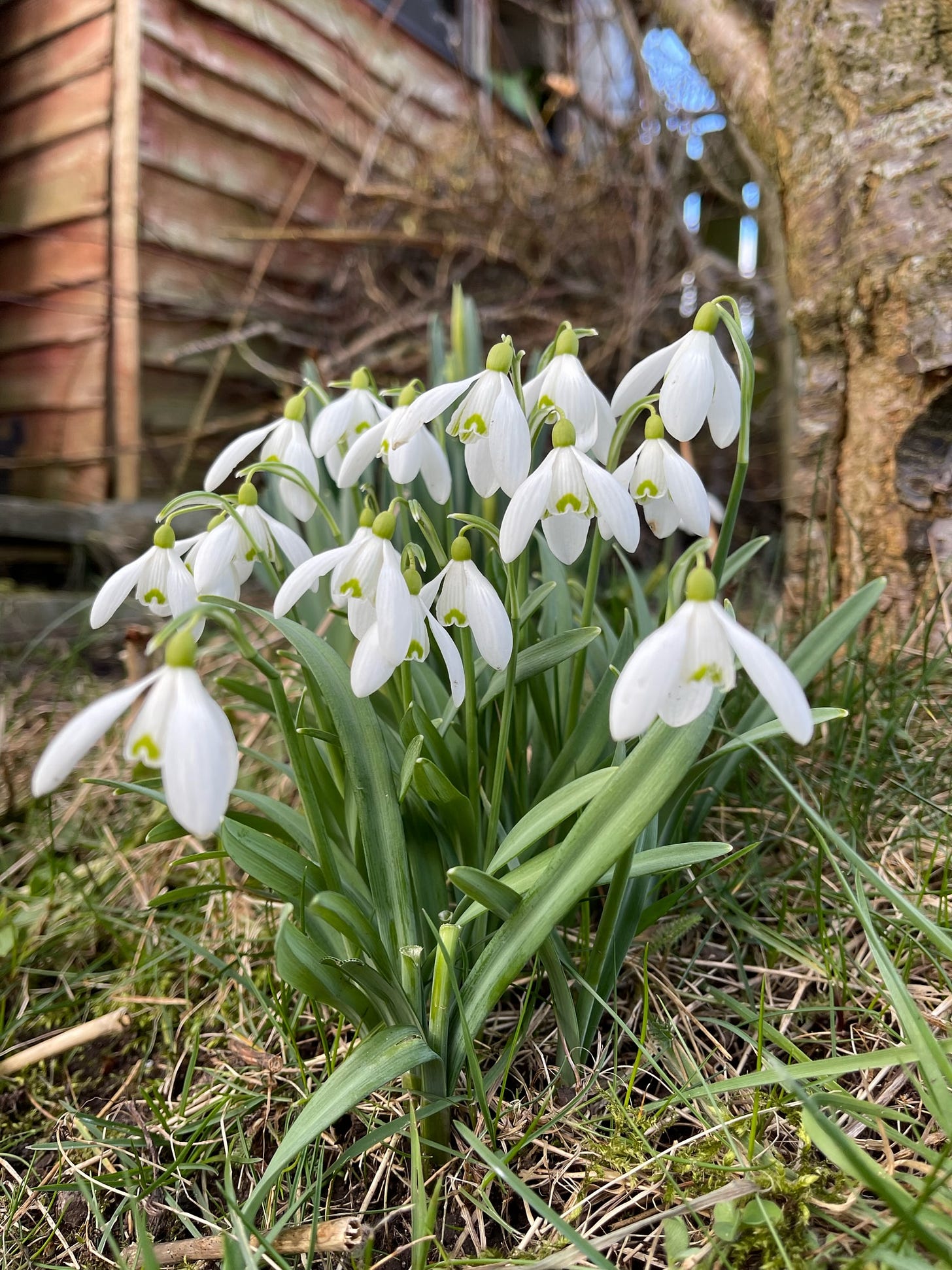

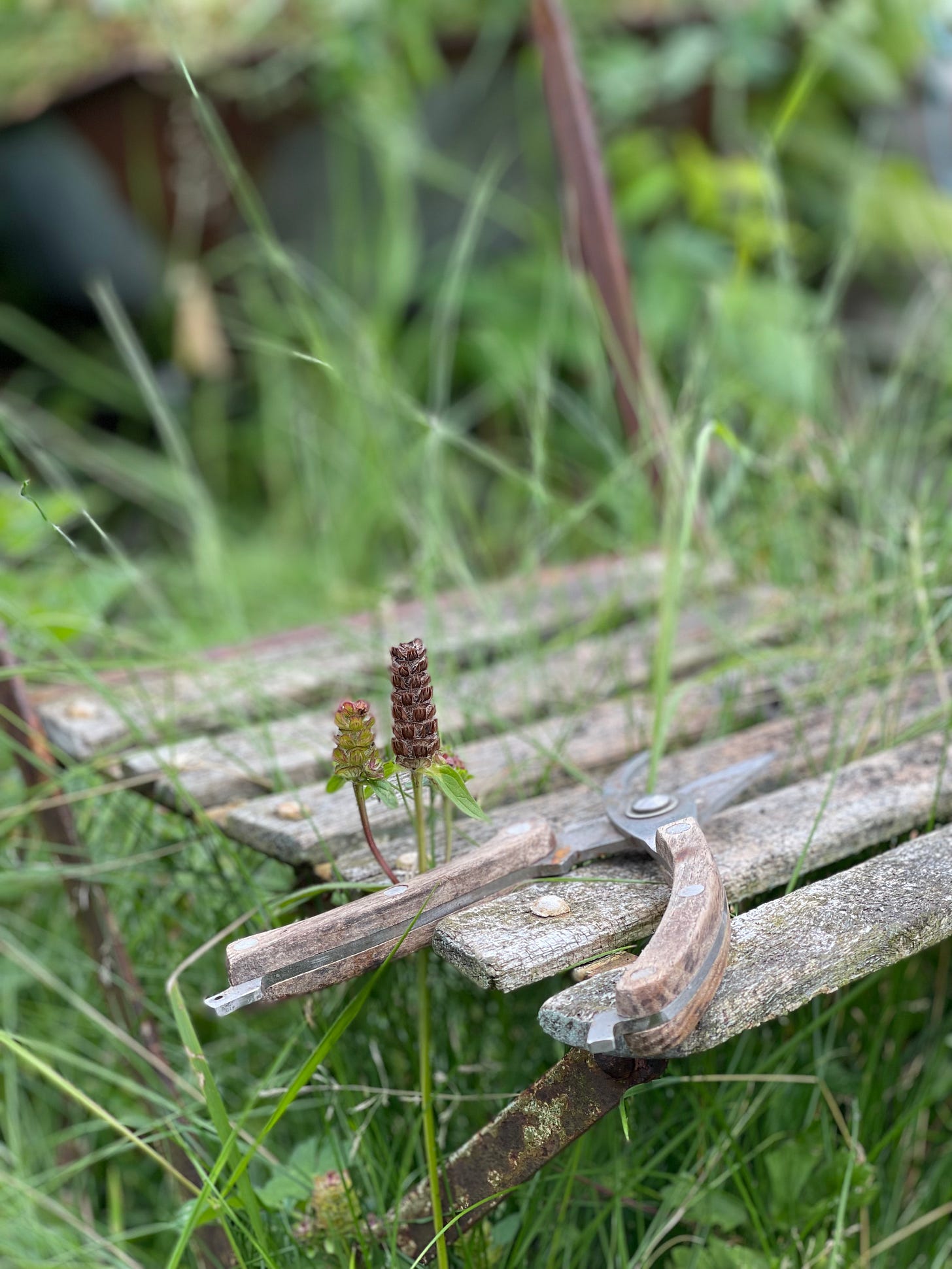




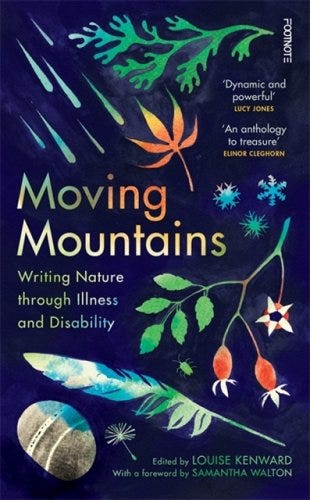
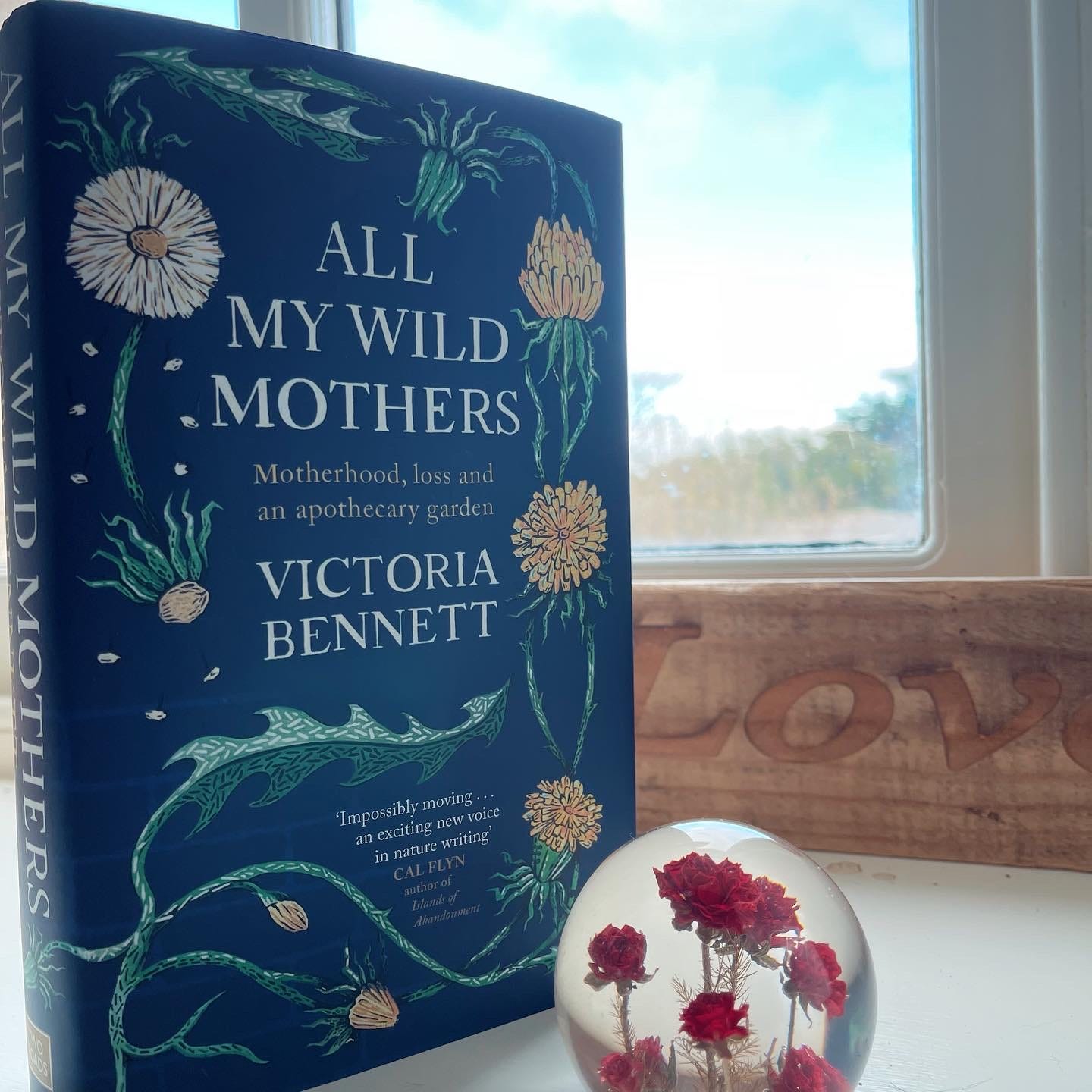
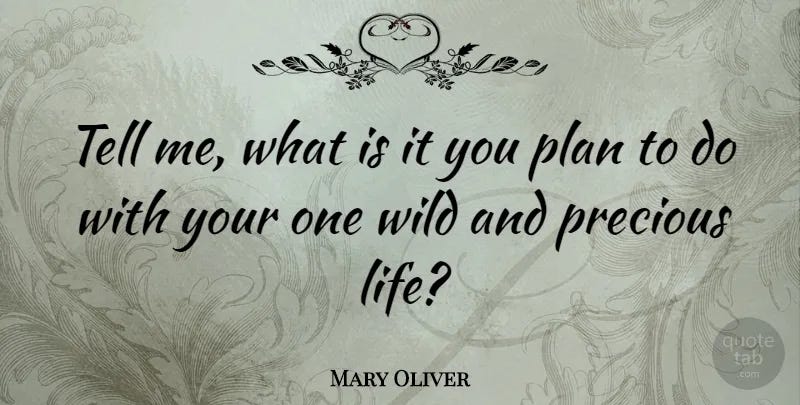
Thank you for such a lovely and thoughtful piece of writing. I'm in love with your apothecary room. The salon sounds perfect. Is it ok to sign up if I didn't go to the first one?
Just lovely writing ❤️